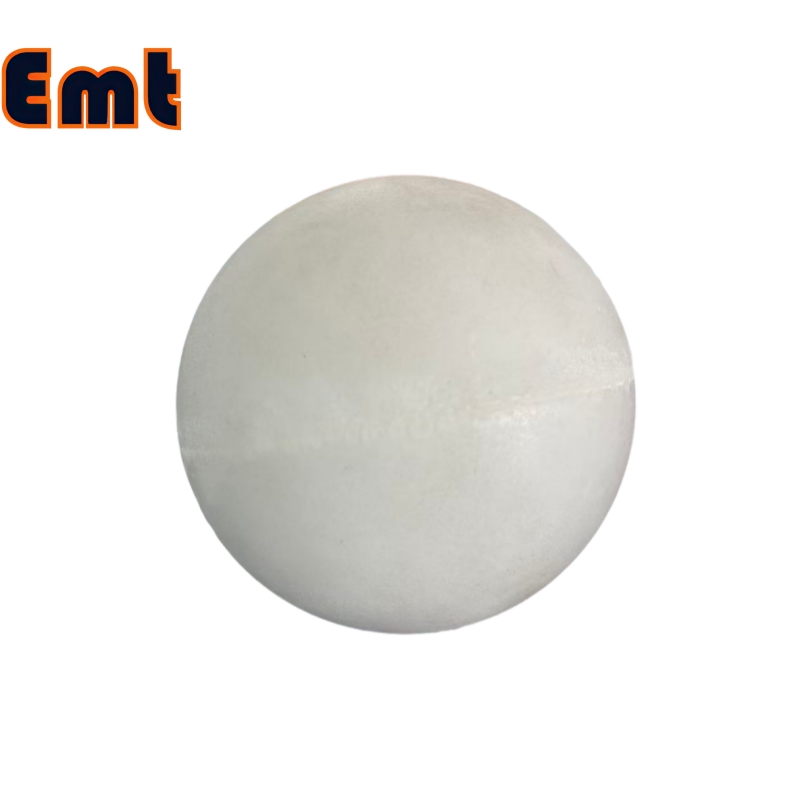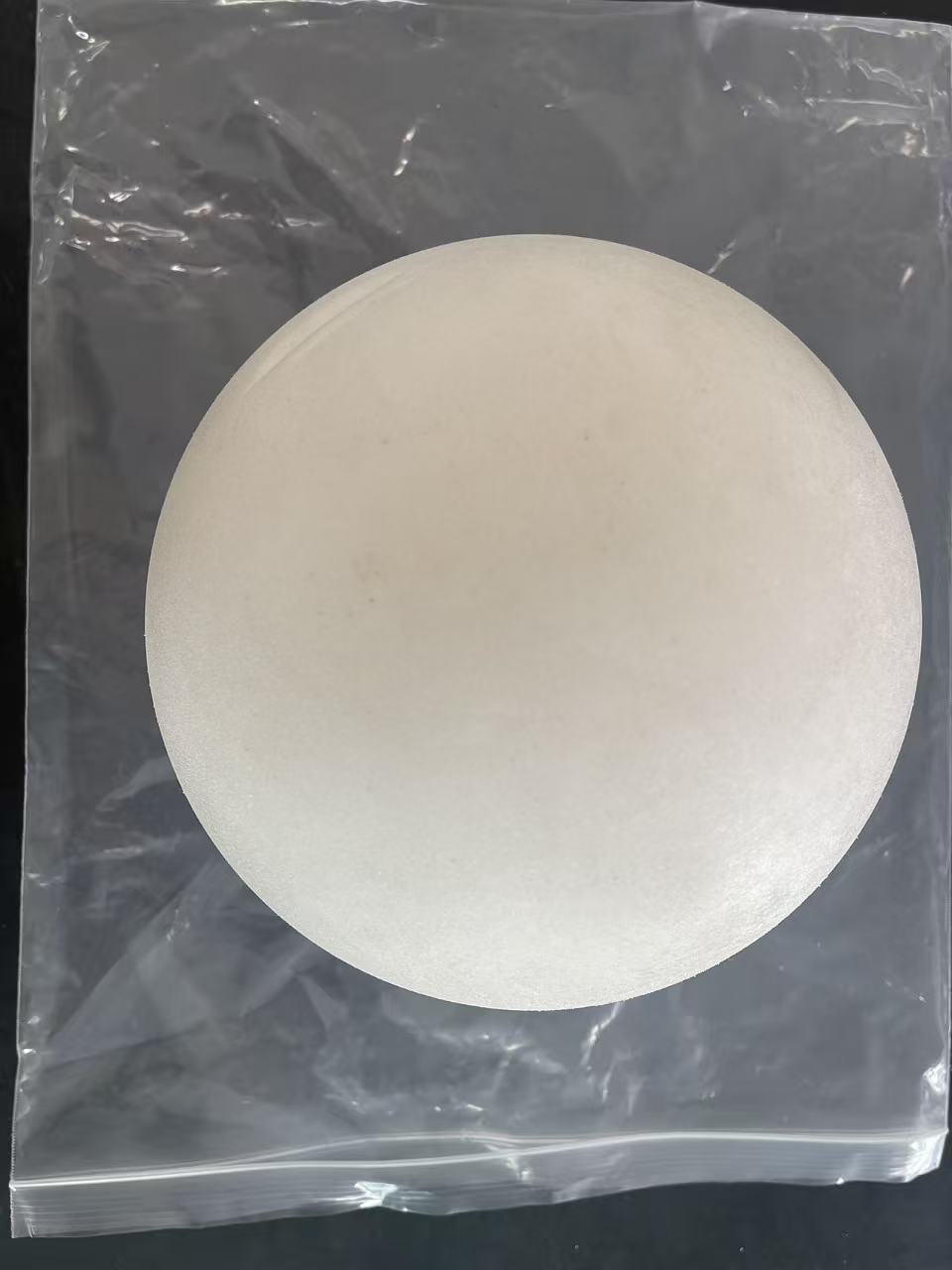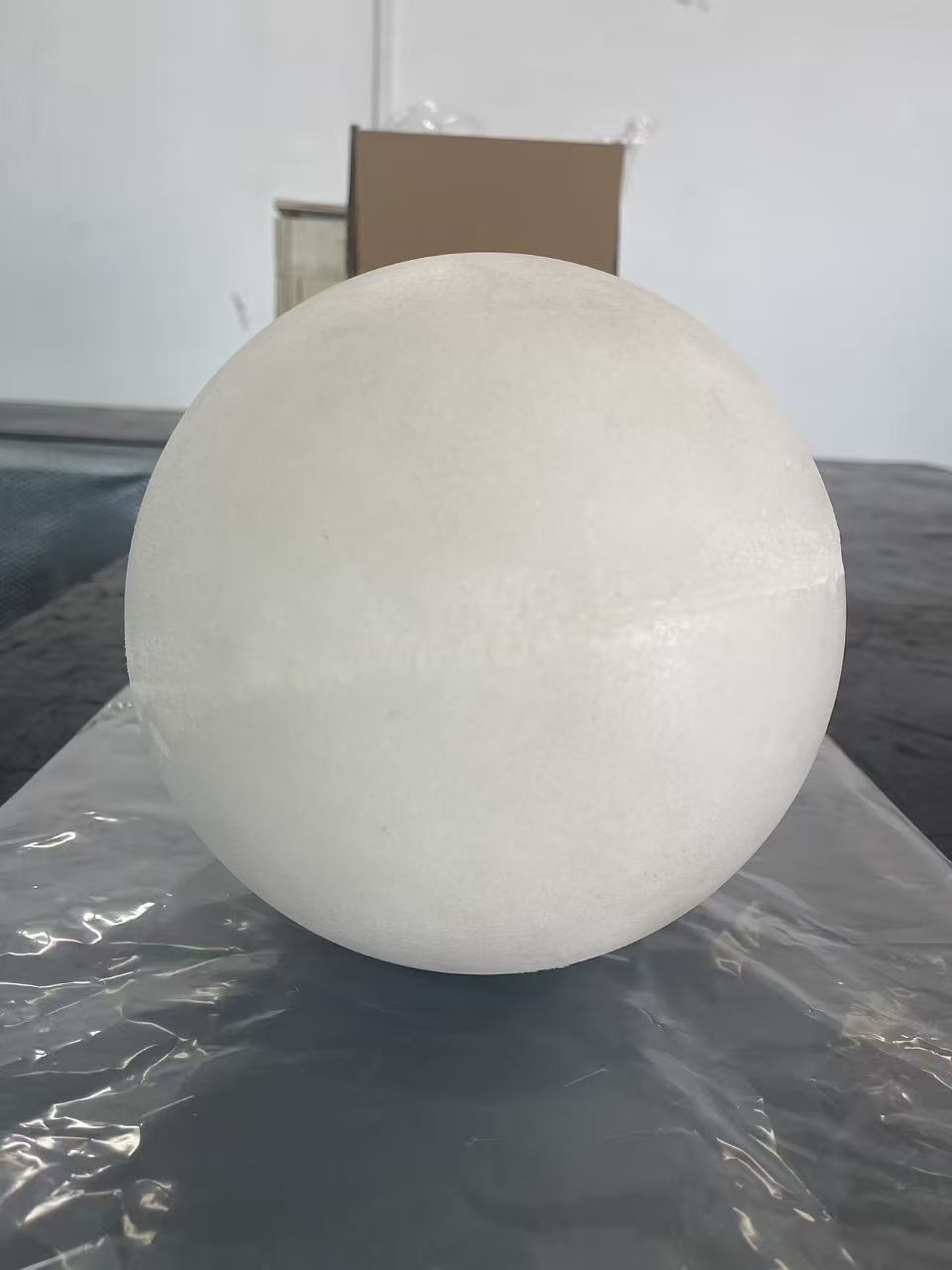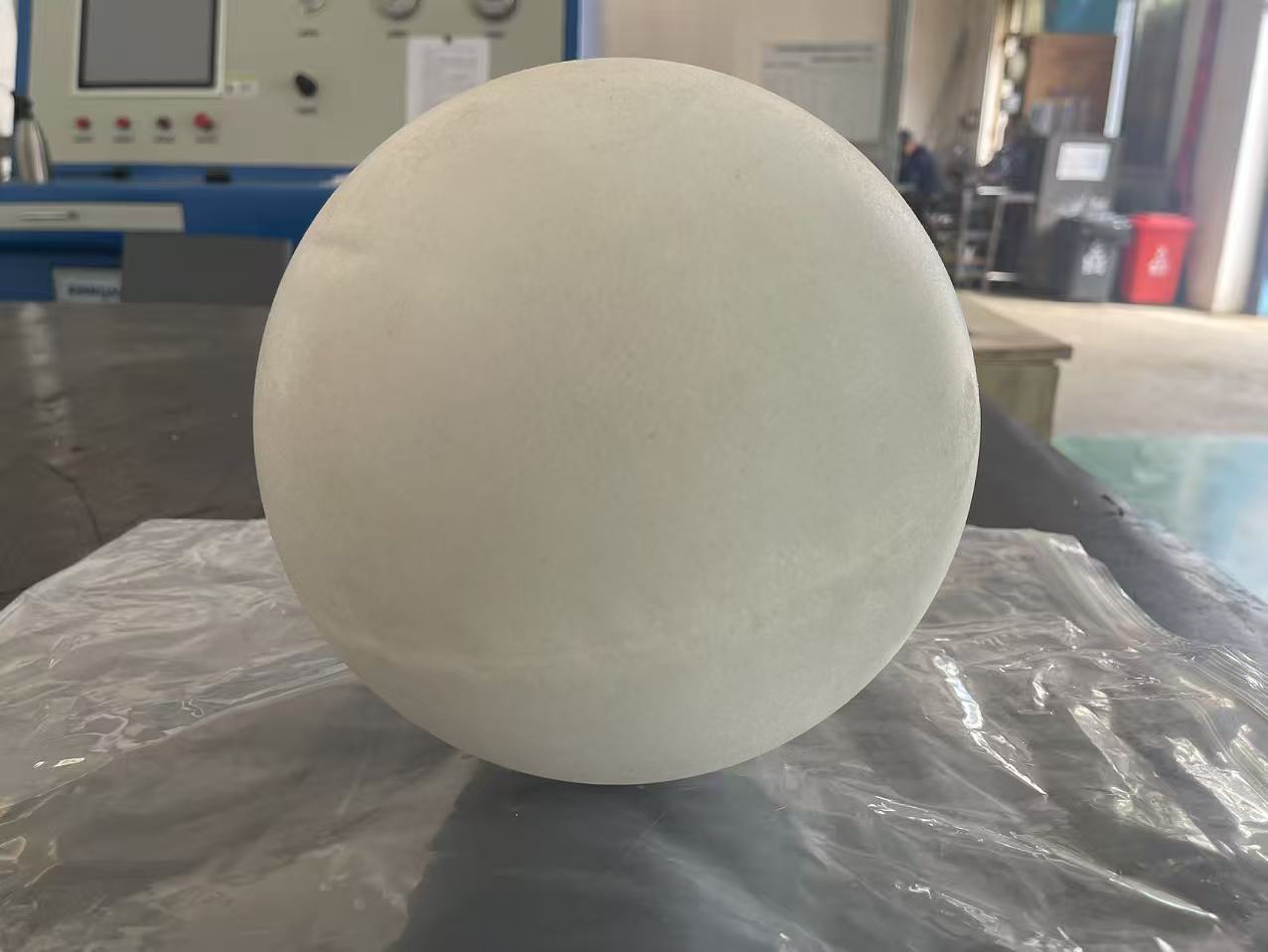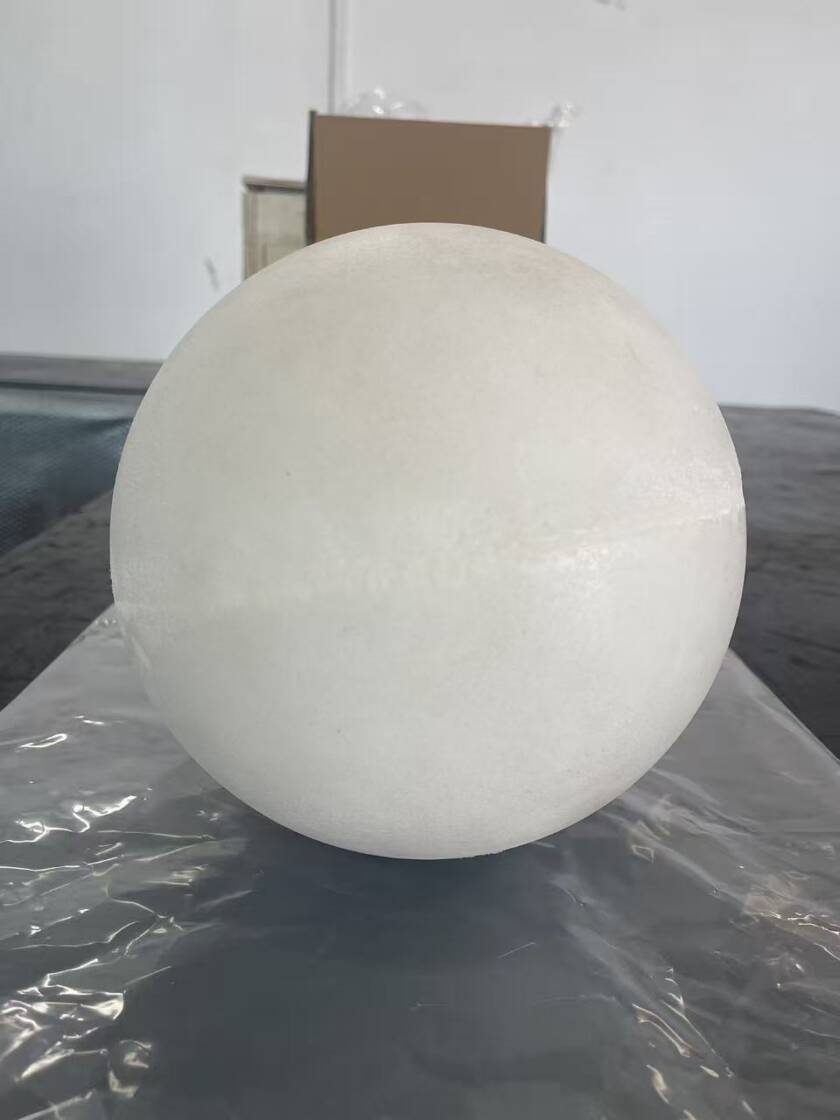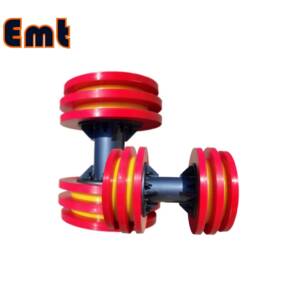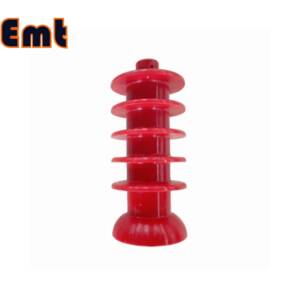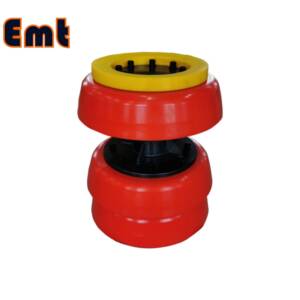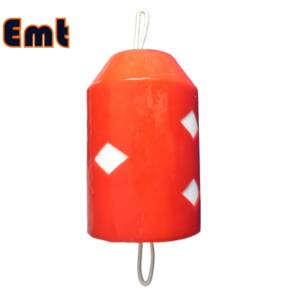Description
Overview of Pipe Cleaning Balls
Pipe cleaning balls serve as specialized tools for maintaining and cleaning various types of piping systems. Manufacturers typically use flexible materials like rubber or polyurethane to make these balls. This flexibility allows them to navigate through pipes effectively, adapting to bends and constrictions effortlessly. Consequently, they excel in removing debris and buildup that can accumulate inside pipelines.
Furthermore, the diverse material composition of pipe cleaning balls enhances their utility across different environments. Rubber balls provide excellent elasticity and durability, making them ideal for general cleaning tasks. On the other hand, polyurethane balls offer superior resistance to oils, fats, and chemicals, which is crucial in industries such as chemical processing and oil refining. This versatility makes them indispensable in sectors that demand high standards of cleanliness and operational efficiency.
Additionally, the design of pipe cleaning balls focuses on maximizing contact with the pipe interior, which ensures thorough cleaning. Their movement through the pipeline agitates and dislodges particles stuck to the pipe walls, promoting a cleaner system without the need for harsh chemicals or manual scrubbing. This method of cleaning not only saves time but also reduces the operational downtime that can impact productivity and profitability.
In essence, pipe cleaning balls are a practical and efficient solution for routine maintenance and emergency cleaning, helping maintain the integrity and performance of piping systems across various industries.
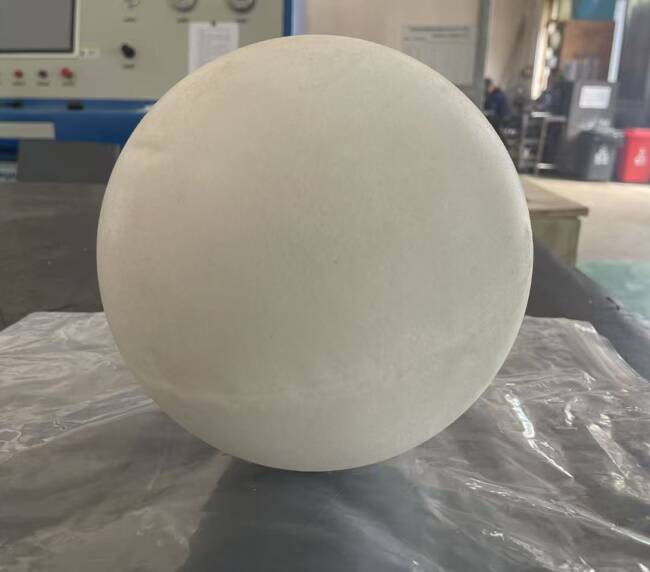
Applications and Benefits
Applications: Pipe cleaning balls are essential in industries such as water treatment, oil and gas, chemical processing, and food and beverage production. They are used to clean pipes by pushing through the system either by the flow of the fluid itself or by being driven by a propulsion system. This process removes particles, residues, scale, and other obstructions that can compromise the efficiency and safety of the pipeline.
Benefits: The use of cleaning balls in pipelines offers several advantages:
Efficiency: They provide a quick and effective method of cleaning without the need for disassembling the pipeline.
Cost-effective: These tools reduce the necessity for chemical cleaners and decrease downtime by maintaining clear pipes.
Versatility: Suitable for a variety of pipe materials and diameters, adapting easily to the specific conditions of each pipeline.
Safety: They help prevent potential blockages and the resultant pressure build-up that can lead to pipeline failures.
Types and Features
Types: Pipe cleaning balls come in various sizes and materials, each suited to different types of cleaning tasks. Some are more abrasive for heavy-duty cleaning, while others are softer for general maintenance and the protection of sensitive pipe interiors.
Enhanced Features of Pipe Cleaning Balls
Material Adaptability:
The materials used to make these balls can endure various chemicals and temperatures. This durability makes them suitable for a wide range of industrial environments. Industries such as oil refining, chemical processing, and even food and beverage manufacturing benefit from their resilience. These balls maintain their integrity even under harsh conditions, ensuring reliable cleaning performance.
Size Customization:
Manufacturers offer pipe cleaning balls in multiple sizes. This variety enables them to fit a broad spectrum of pipe diameters, ensuring thorough cleaning across different systems. Whether for large municipal sewer lines or smaller manufacturing pipelines, there is a size available to meet every need. The correct size ensures effective contact with pipe walls, optimizing the cleaning process.
Reusable:
Many pipe cleaning balls boast a reusable design, depending on their material composition and the nature of the cleaning task. Their ability to withstand multiple uses makes them a cost-effective solution for regular pipeline maintenance. This reusability also contributes to environmental sustainability by reducing waste.
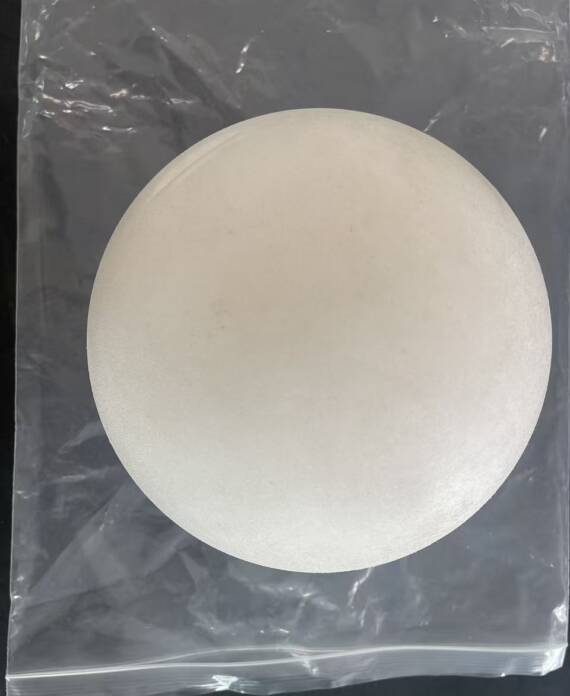 Overview of the Pigging Process
Overview of the Pigging Process
Pigging is a process used in pipeline maintenance that involves using devices known as “pigs” to perform various maintenance tasks within pipes, such as cleaning, inspection, and product separation. This process is critical in industries like oil and gas, chemical manufacturing, and food and beverage, where maintaining clean and efficient pipe and tubing systems is essential.
The pigging process offers significant advantages in pipeline management: Efficiency is achieved as pigging maintains clean pipeline surfaces, reducing downtime for manual cleaning and inspections. Cost-effectiveness comes from preventing pipeline damage, reducing repair needs, and extending infrastructure lifespan. Safety improves as regular pigging identifies and mitigates potential failures. Environmental Impact is minimized as pigging efficiently clears product residue, crucial in industries where product recovery is essential.
Pigging is a vital process for maintaining pipeline integrity, efficiency, and safety. Its ability to clean, inspect, and separate products within pipelines without needing to dismantle or manually clean the system makes it a preferred choice for continuous and efficient pipeline management across various sectors. As technology advances, the efficiency and capabilities of pigging continue to improve, further enhancing its effectiveness and applicability in modern industrial operations.


